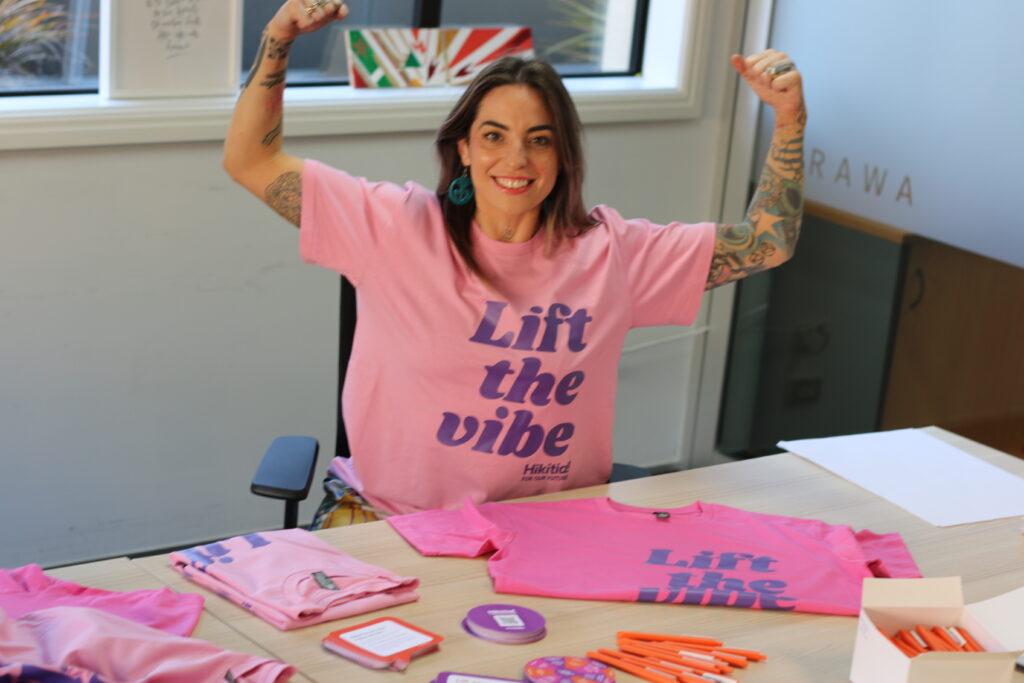Shifting Power to Prevent Harm from the Inside Out
Too often, when people talk about preventing sexual harm and family violence, the conversation jumps straight to services, programmes, or interventions. While these are all important pieces of the puzzle, they’re not the full picture. At Hikitia!, we believe that meaningful prevention begins not with the system, but with the community.
When harm happens, it’s the community that feels it first. It’s whānau, friends, neighbours, kaimahi, and rangatahi who see the signs, carry the impacts, and often step in to support each other—whether or not formal services are involved. Yet, for decades, prevention efforts have treated community as passive recipients rather than powerful agents of change.
Hikitia! exists to change that. Our work is grounded in the understanding that the community doesn’t need to be “activated”—it already holds deep wisdom, strength, and relational insight. Our job is not to insert solutions into communities but to walk alongside them, support their vision, and build on what already exists.
We begin by forming connections. That may sound simple, but in a system that often moves fast and operates from a place of authority, slowing down to build authentic relationships is radical. It’s also essential. Only through connection can we understand the unique realities of each community—what safety means to them, what trust looks like, and where strengths and risks sit.
From there, we focus on trust-building. We don’t come in with pre-packaged programmes or assumptions. Instead, we create space for kōrero, whakawhanaungatanga, and shared reflection. That might look like hui with kaumātua, wānanga with local youth, or informal catch-ups with parents and caregivers. It all counts. It all matters.
What emerges is prevention that is culturally grounded, locally designed, and sustained by the community itself. When prevention grows from within, it doesn’t disappear when funding ends. It becomes part of how people live, lead, and relate to one another.
This is how we stop harm before it starts—not by scaling services, but by restoring the power of the collective.
